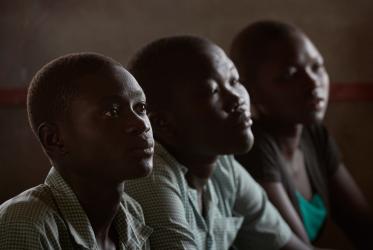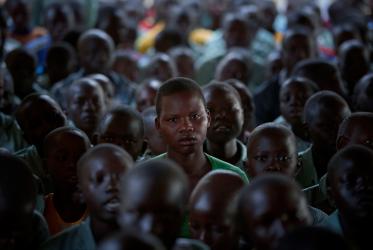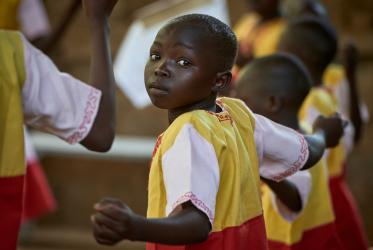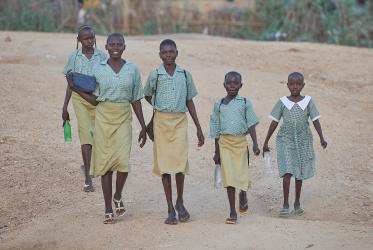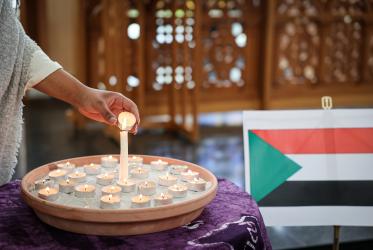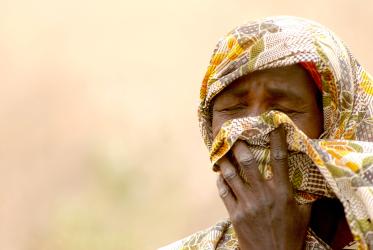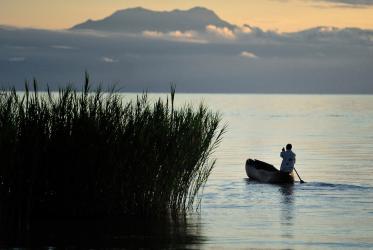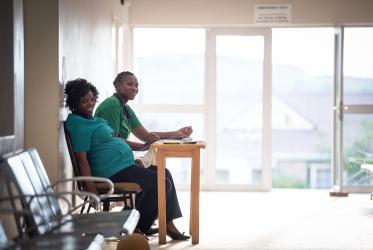Displaying 1 - 20 of 75
WCC mourns loss of Bishop Emeritus Paride Taban from South Sudan
02 November 2023
WCC signs joint ecumenical statement on Sudan
29 June 2023
WCC appeals for immediate ceasefire in Sudan
17 April 2023
Churches respond to Malawi cyclone disaster
29 March 2023







